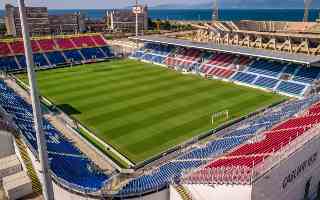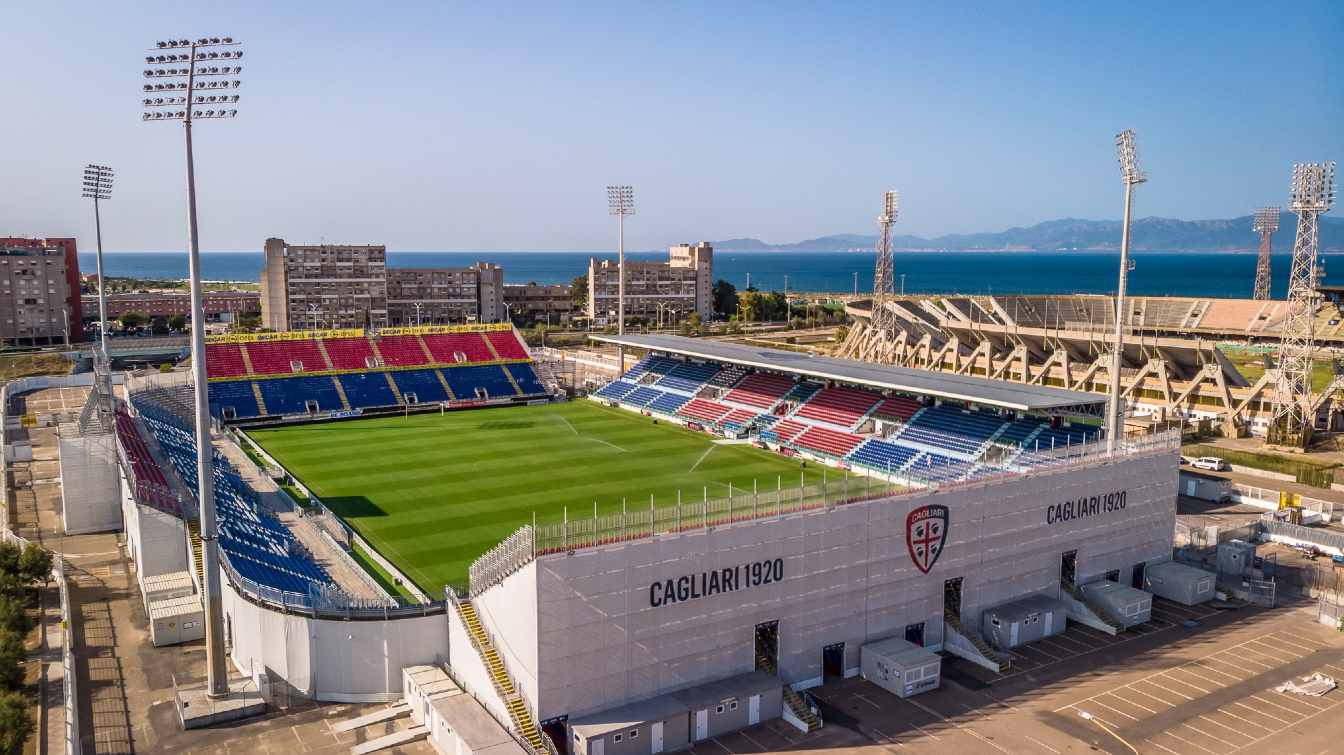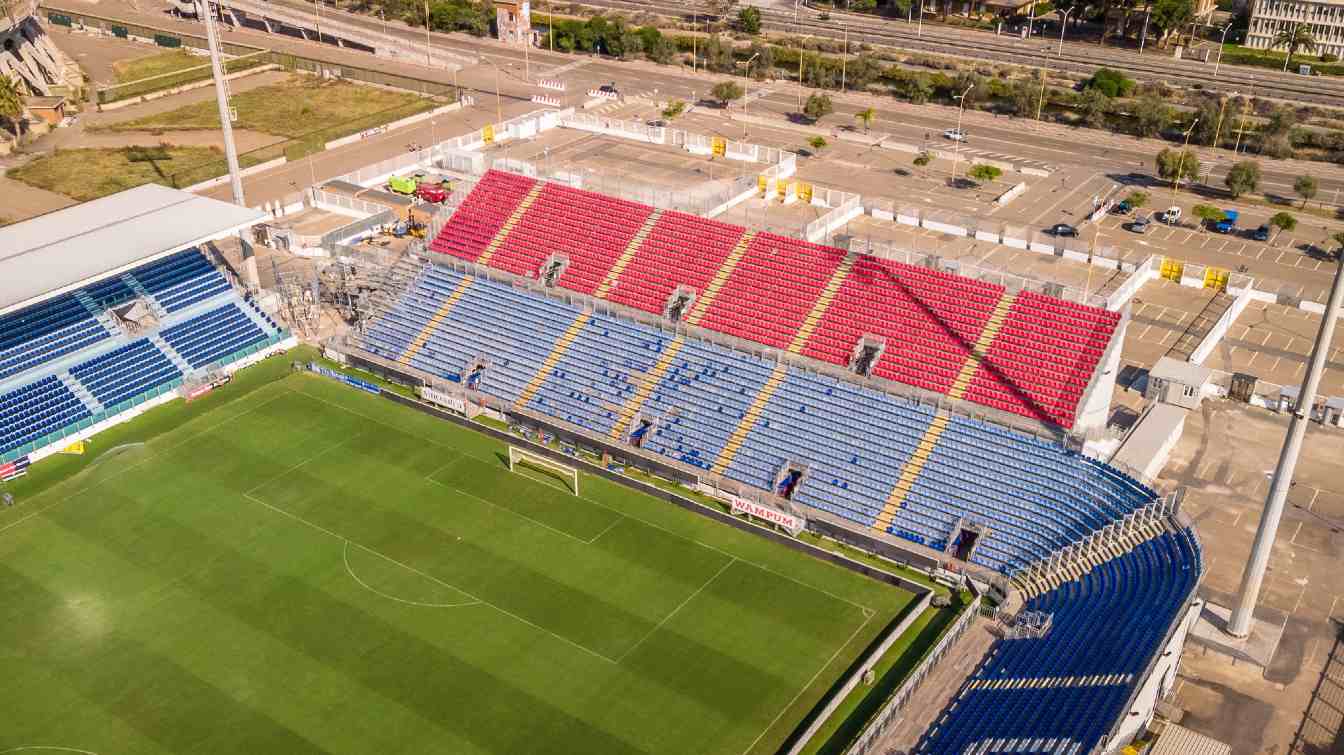Italy: Agreement signed for Cagliari's new stadium
source: StadiumDB.com; author: Paulina Skóra
 Just before the New Year, Cagliari Mayor Massimo Zedda and Sardinia Region Chairwoman Alessandra Todde signed a Programmatic Agreement for the construction of a new municipal stadium. The project aims to transform the Sant’Elia district.
Just before the New Year, Cagliari Mayor Massimo Zedda and Sardinia Region Chairwoman Alessandra Todde signed a Programmatic Agreement for the construction of a new municipal stadium. The project aims to transform the Sant’Elia district.
Advertisement
An investment involving multiple stakeholders
According to the agreement, a state-of-the-art facility will be built to meet the requirements of Italy's Sports Infrastructure Act. The stadium is designed not only for Cagliari Calcio matches but also for international events, including the UEFA Euro 2032.
This won’t just be a sports venue,
said Mayor Zedda, but a tremendous opportunity for urban and social regeneration in Sant’Elia, where we’re already implementing improvements in social housing and mobility.
Project will be funded collaboratively. The Sardinia Region has allocated €50 million, while the city will contribute €10 million for the demolition of the current stadium. A private investor, selected through a tender process, will finance the construction of ancillary facilities, such as hotels and service areas. These investments are part of an integrated economic and financial plan that must receive approval from the Ministry of Economy and Finance. We’re talking about a €200 million tender,
the mayor explained. We’ll seek support from the Public Prosecutor’s Office and the National Anti-Corruption Authority (ANAC) to ensure the proper use of public funds and transparency.
Changes to the original concept – what’s included in the works?
Chairwoman Todde emphasized, The Region is not only funding the stadium’s construction but also contributing to the revitalization of the Sant’Elia district as a whole. Importantly, no commercial or residential projects unrelated to the stadium will be financed.
Several changes have been made compared to the plan approved in December 2023. Initially, external areas were to include commercial developments such as a shopping center, but these have been removed. The revised plan focuses on three main pillars: the sports facility, green spaces, and social housing. We’re scaling back residential and commercial buildings to reduce the project’s environmental impact while investing heavily in green spaces to link different areas of the facility,
Todde added.
The new stadium will feature an English-style design, offering fans comfortable viewing with covered seating in all sections. The seating capacity has evolved during planning: initially set at 21,000, it now stands at 30,000, with the option to expand to 35,000. The venue will also include a 126-room hotel, event spaces, a wellness center, a museum dedicated to Cagliari’s history, and a bar. Open year-round, the stadium will host summer concerts by national and international artists.
The clock is ticking – work must begin soon
All necessary steps will now be taken to formalize the agreement signed at Villa Devoto. The Directorate-General for Public Works will oversee procedures and administrative decisions related to the stadium’s construction. The agreement will come into force under a special decree from the Region’s chairwoman.
The first phase of construction is slated to begin in June with the demolition of the Stadio Sant’Elia. The new stadium will then take shape gradually. Time is of the essence: the new Cagliari stadium must be ready by summer 2026. In October of that year, UEFA will decide on the final two stadiums to be included in the Euro 2032 schedule.
Advertisement
 StadiumDB
StadiumDB
